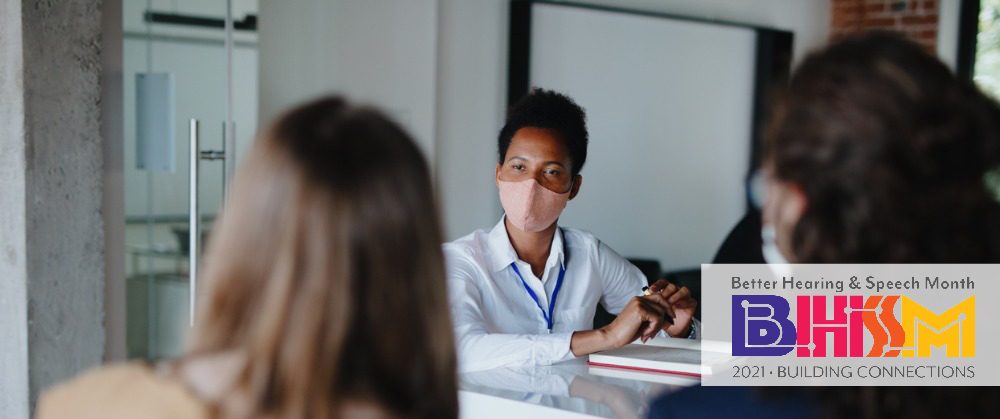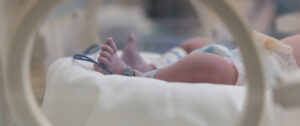An estimated 26 million people have recovered from COVID-19 in the United States. While the focus for the majority of the pandemic has been on prevention of COVID-19 and care for those diagnosed with the virus, health care professionals have also had to focus on helping those who have already recovered from the virus.
Approximately 10%–30% of COVID-19 survivors will face “long-haul” symptoms, including brain fog, swallowing difficulties, and other communication difficulties. Even by conservative estimates, this means more than 2 million Americans who could benefit from the services of a speech-language pathologist (SLP).
During this week of BHSM, our goals are twofold: (1) to prepare SLPs for some of the newest clients on their caseloads and (2) to ensure that people recovering from COVID-19 are aware of the services available to them through ASHA members. The articles below present preliminary research on side effects in COVID-19 survivors and leading research in three areas where COVID-19 survivors may be in need of services.
What We Know About COVID-19 Survivors
Even after a full recovery from COVID-19, survivors have reported a wide array of persistent side effects from the virus. Although these symptoms have yet to be fully studied, we know that there are a number of issues that SLPs can treat. In “Potential for Cognitive Communication Impairment in COVID-19 Survivors: A Call to Action for Speech-Language Pathologists,” Amy Ramage looks at what the future of COVID-19 will mean to SLPs who may not be used to working in acute care.
Ramage emphasizes that although COVID-19 is a novel virus, SLPs can use the same evaluation and intervention methods that they would typically provide to any other critical care patient. She focuses on one important potential symptom—cognitive impairment—and how SLPs should work as part of a rehabilitation team.
More Resources From the ASHA Journals
Eye Tracking Measures for Studying Language Comprehension Deficits in Aphasia: A Systematic Search and Scoping Review: Issues such as ventilation or a COVID-related stroke may have left some survivors unable to speak. This article reviews current research on the use of eye tracking technologies to assess auditory or reading comprehension for patients with aphasia.
Combined Memory Training: An Approach for Episodic Memory Deficits in Traumatic Brain Injury: Consistent “brain fog” is another long-term symptom associated with COVID-19, leaving survivors with difficulties in memory, attention, problem-solving, organization, and more. In this article, the authors present a combined memory theory that has been shown to improve episodic memory, semantic memory, and attention.
Objective and Subjective Clinical Swallowing Outcomes via Telehealth: Reliability in Outpatient Clinical Practice: Swallowing problems in COVID-19 survivors can arise as the result of time spent on a ventilator, or as another side effect of the virus. With more patients needing outpatient swallowing evaluations and follow-up, this article looks at the feasibility and reliability of telehealth to provide increased flexibility for SLPs and patients.
A Better Future for COVID Survivors
As many Americans look ahead to a “return to normal,” health care professionals—including SLPs—can help millions of Americans who survived COVID-19. At the same time, all of us—as advocates for speech-language pathology, as dedicated community members, or as friends and family of survivors—must reach out and let survivors know how visiting an SLP can improve their lives.
You can find important resources on treating COVID-19 survivors on the BHSM home page. Alongside resources on treating COVID survivors, you can also download social media tools and member press releases to help you get the word out both during BHSM and beyond.







